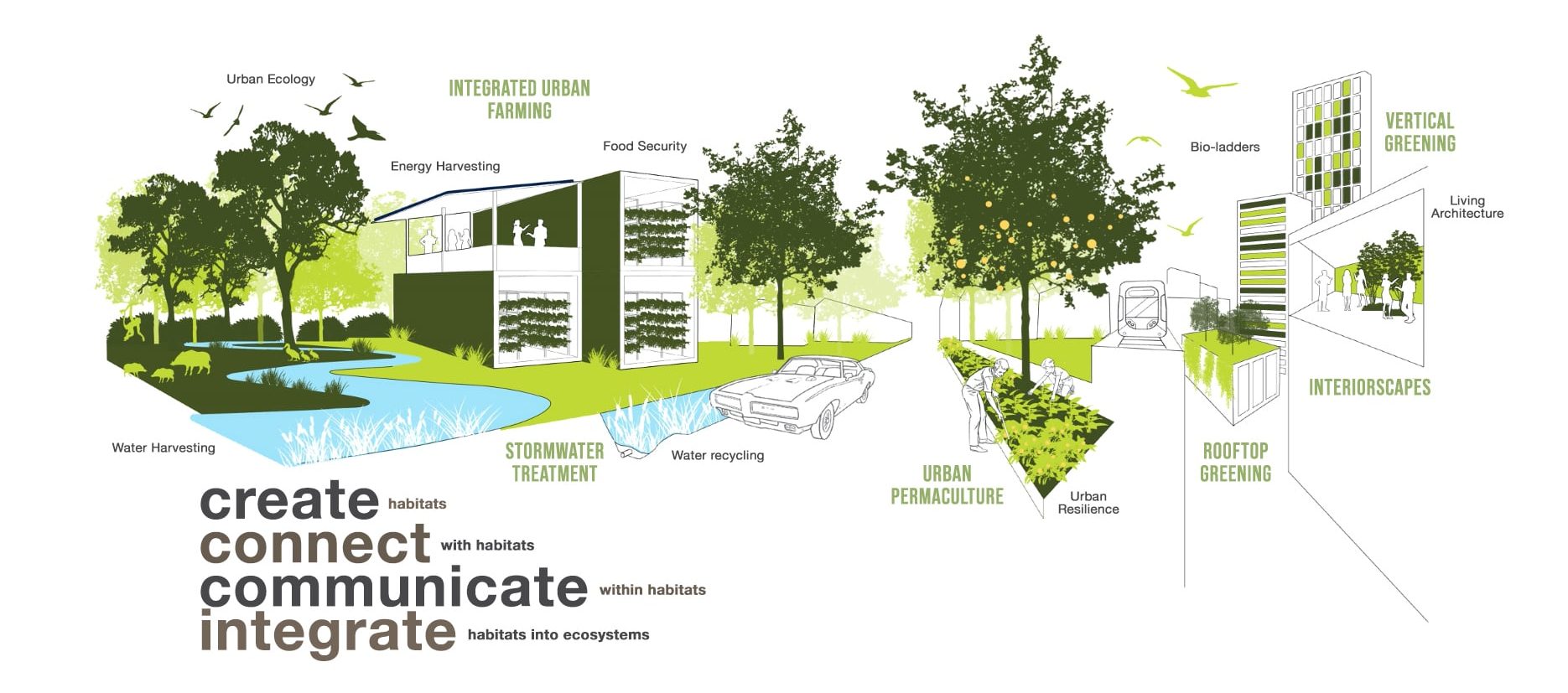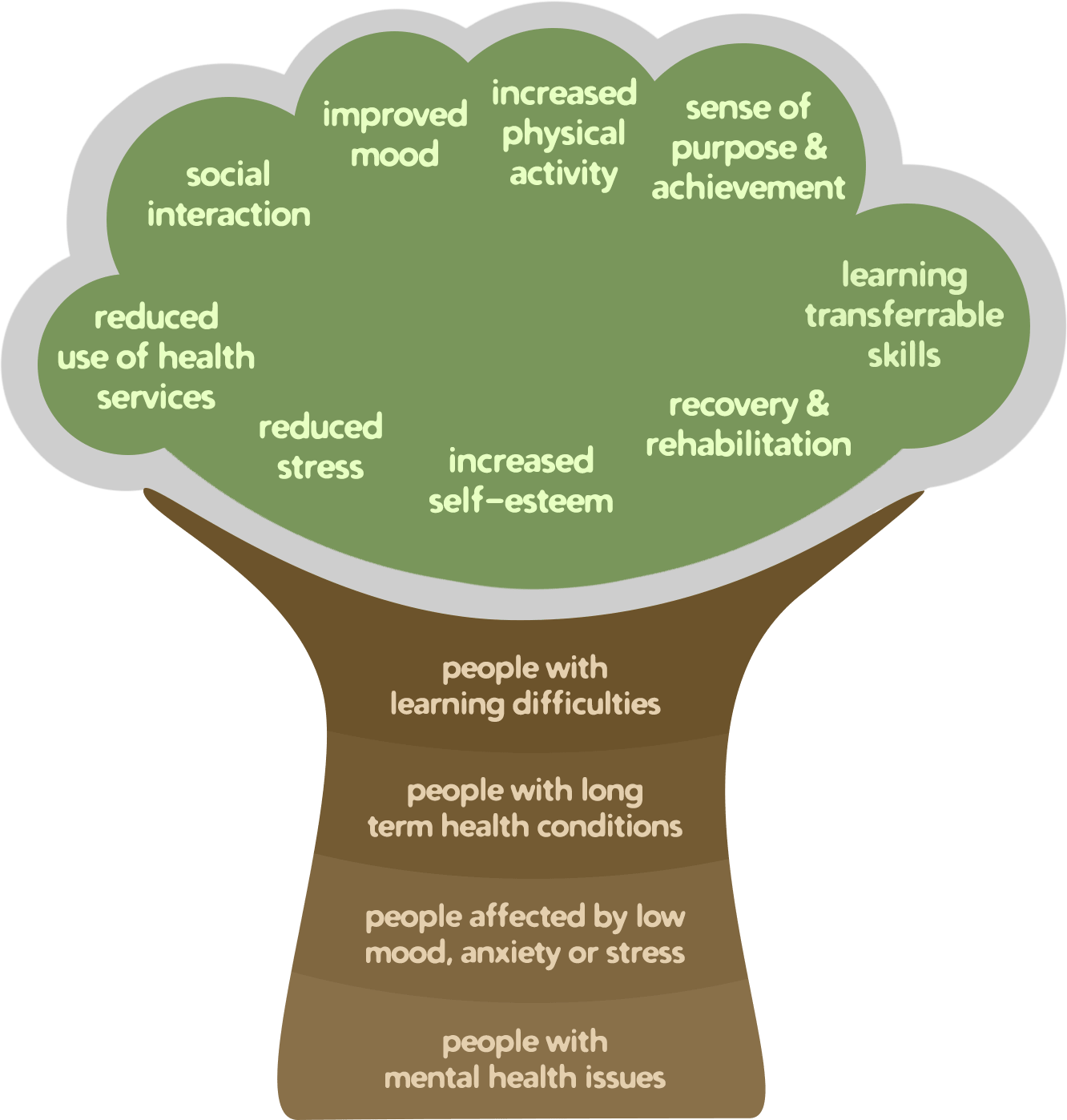The Roots
Our Vision
The roots of Greenology run deep and strong: Our vision for a better world, our methods and ideas for achieving a healthy balance between urban living and nature, and what drives us to do what we do.
OUR VISION
reclaiming
a natural
balance
Imagine living in a city that is 5ºC cooler year round than what you’re currently experiencing. A city with numerous green spaces that provide soothing healing to our urban stresses. Green oases that are habitats for diverse species of wildlife, with community farms for growing fruit and vegetables. Exercise and recreation that take place along interconnected green parkways and rooftop gardens.
Sounds utopian? At Greenology, we believe it is entirely achievable. It is our mission to build an integrated and interconnected urban green resilience; to bring nature, and all its benefits, back into our urban lifestyles. We want to shift the conscience and consciousness of everyone toward a higher awareness and respect for green habitats and ecosystems, and a greater desire to integrate them into our lives.
With 70% of the world’s population projected to live in cities by 2050, a holistic approach to greening our cities will be needed. Urban habitats have pushed trees, vegetation and other living species out of their natural context, sometimes force-fitting them into harsh urban environments and upsetting the biodiversity balance.
Nature is a vital part of the human experience. Innovations to bring nature into urban environments can mediate environmental impacts, enhance food security and improve habitat creation. In so doing, we can bring people, flora and fauna back in touch with one another while living in densely packed cities.


The Therapeutic
Value of Nature
Studies show there is a significant positive relationship between people’s access to a green environment and their psychological well-being:
- People who spent a minimum of 120 minutes a week in green spaces reported better health and mental well-being than those who didn’t.
- Employees in work environments with natural elements including sunlight and greenery were on average 6% more productive, 15% more creative and their measured level of well-being was about 15% higher.
- Staring at greenery for 15 minutes can reduce mental and physical stress by up to 60%.
People who have learning difficulties, mental health issues, long-term health conditions, or are affected by anxiety or stress, will benefit enormously by being connected to nature. Through gardening, horticultural therapy, or simply spending quiet time immersed in greenery, stress is reduced, moods lifted, concentration and self-esteem increased, and recovery and rehabilitation quickened.
Greenology has worked with the Singapore Association of Mental Health (SAMH), exploring ways in which horticulture can help in rehabilitation. We have also seen how, for senior citizens with dementia, the simple activity of planting helps to increase focus and improve moods.
